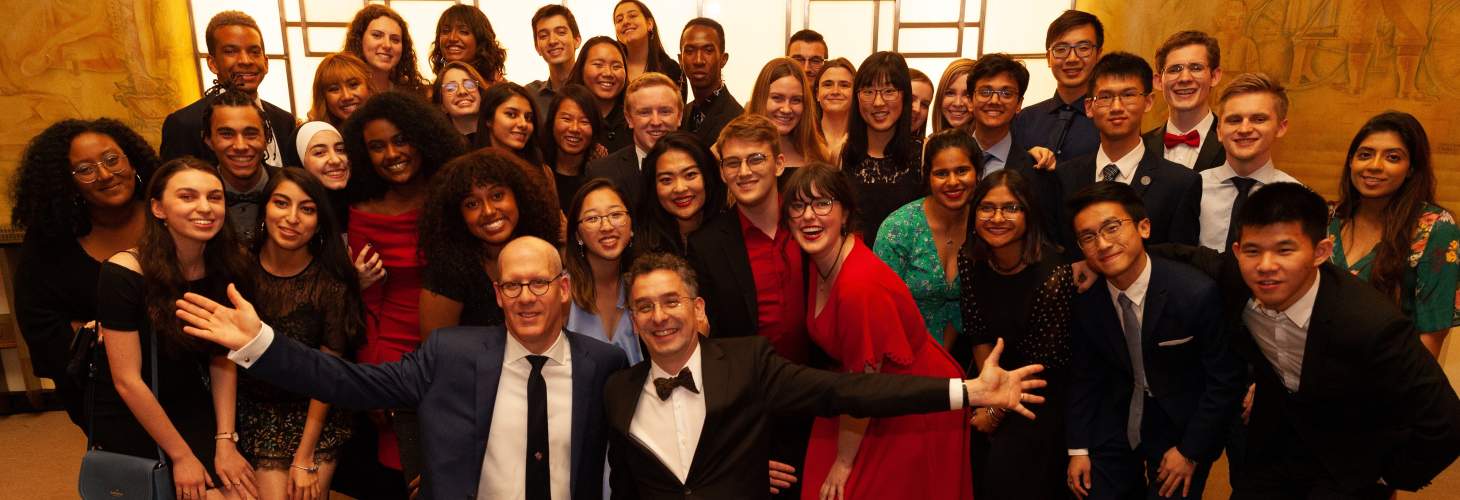
Alumni of Influence
University College Alumni of Influence Award
The University College Alumni of Influence Award recognizes our diverse alumni and the exceptional ways in which they impact the College, the University of Toronto and our communities.
2016
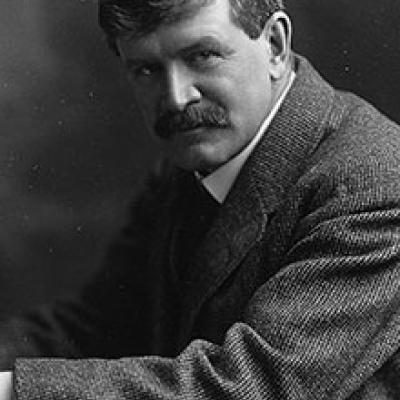
Beloved Canadian author Stephen Leacock was the best-known humorist in the English-speaking world from 1915 to 1925. He wrote more than 60 books, including Sunshine Sketches of a Little Town and Arcadian Adventures with the Idle Rich.
Leacock studied languages at UC, then taught at Upper Canada College before earning a PhD in political economy at the University of Chicago. Returning to Canada, he joined the faculty at McGill University, where he remained until retirement. He was a prolific writer of humorous fiction, literary essays, and articles on social issues, politics, economics, science and history and claimed in his later years, “I can write up anything now at a hundred yards."
The leading award for humour in Canada is named after him, and his summer home in Orillia is now a museum which attracts thousands of visitors each year.

Documentary filmmaker and broadcaster Avi Lewis has made a career of advocating for social justice and environmentalism through the media. In the early 1990s, he hosted City TV’s landmark music journalism show, The New Music, and later hosted CBC’s live, nightly political debate show, Counterspin. When he moved to Al Jazeera USA, he hosted a biweekly show on U.S .politics and a weekly series examining the issues behind the U.S. presidential election. His first independent feature documentary, The Take, tells the story of Argentinian workers who struggle to take over an abandoned factory and save their livelihoods. It premiered at the Venice Biennale and won the International Jury Prize at the American Film Institute Festival.
He is co-founder of The Working World, a capital fund that makes microloans to worker co-operatives, and a board member of the Jackman Humanities Institute at the U of T and the Council of Patrons of the Canadian Centre for Victims of Torture. His parents, Stephen Lewis (1959 UC) and Michele Landsberg-Lewis (BA 1962 UC), and his sister Ilana Landsberg-Lewis (BA 1988 UC), have all been honoured as UC Alumni of Influence.
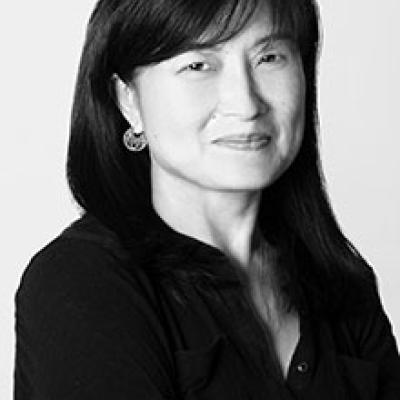
Tashi Rabgey was the first Tibetan Rhodes Scholar. A former UC Literary and Athletic Society president, she completed law degrees at Oxford and Cambridge universities and earned a PhD at Harvard University. A research professor of International Affairs and director of the Tibet Governance Project at George Washington University’s Elliott School of International Affairs, she was named a Public Intellectual Program fellow by the National Committee on U.S.-China Relations and is currently writing a book about the need to reframe the Sino-Tibetan dispute.
Rabgey has spent much of the past 15 years working inside the region and has led the development of the TGAP Forum, a seven-year academic dialogue process on governance in Tibet with policy researchers of the Chinese State Council in Beijing, as well as Harvard, UQÀM and other global academic partners. With her sister, Losang Rabgey (BA 1993 UC), she is the co-founder of Machik, an organization that has supported the education and capacity building of thousands of young Tibetan women and men across Tibet.
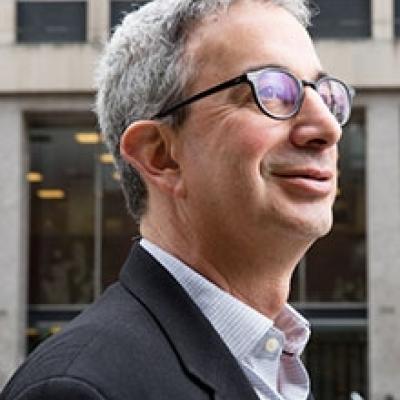
Robert Schwartz has made outstanding contributions to public health in Canada and beyond through his research and policy work on tobacco control. Smoking is the leading cause of preventable death in Canada, and his studies evaluating a range of interventions to reduce smoking, combined with his teaching and scholarship on effective public health policy, have led directly to a decline in tobacco use. He is currently the executive director of the Ontario Tobacco Research Unit; a senior scientist at the Centre for Addiction and Mental Health; and a professor at the Dalla Lana School of Public Health, Institute of Health Policy, Management and Evaluation.
Schwartz led the evaluation of the Smoke-Free Ontario strategy and established a smokers’ panel to facilitate long-term study of more than 4,000 smokers, as well as the effects of Ontario’s smoking cessation system. He is the recipient of the Dalla Lana School of Public Health’s 2012 John Hastings Award for Excellence in Service to the University and the Community and the 2010 J.E. Hodgetts Award for the best article published in Canadian public administration, among other honours.
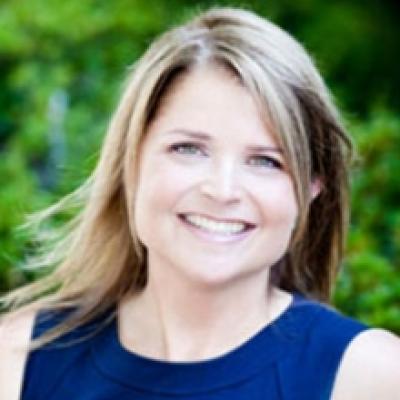
Mary Lynn Young is an associate professor in the Graduate School of Journalism and associate dean, communications and strategy, in the Faculty of Arts at the University of British Columbia. She is an authority on gender and the media, newsroom sociology, media credibility and representations of crime. She is a consultant, public speaker and frequent commentator on current media and policy issues. In 2007, she co-founded FeministMediaProject.com, which provides a feminist perspective on media depictions of missing and murdered women.
Prior to completing her PhD in criminology at U of T in 2005, she worked as an editor, national business columnist and senior crime reporter at major daily newspapers in Canada and the U..S, including the Globe and Mail, the Vancouver Sun and the Houston Post. She is a former board member of the Downtown Eastside Women’s Centre in Vancouver and was named one of British Columbia’s 100 Women of Influence in 2010. As a journalism educator, she has received a number of awards for her writing and teaching.
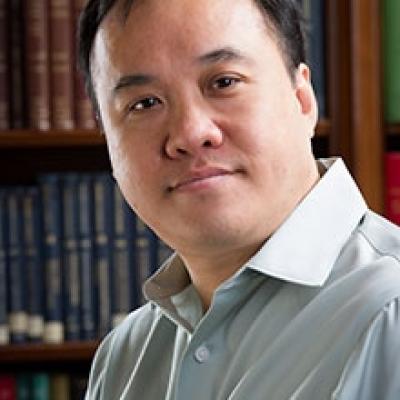
Wai Haung (Ho) Yu is assistant professor in clinical pathology and cell biology at Columbia University’s Taub Institute for Research on Alzheimer’s Disease and the Aging Brain. He earned a PhD in pharmacology from the University of Toronto, receiving the Alzheimer Society of Canada’s Pre-Doctoral Award, as well as the T.I. Sherman Award in Neuroscience. He did postdoctoral work at New York University (NYU) and the Nathan Kline Institute for Psychiatric Research and was promoted to clinical instructor and then assistant professor at NYU before joining the Taub Institute in 2006.
His research interests include the role of protein quality control -- in particular, autophagic-lysosomal degradation and its relationship to neurodegeneration. He is associate editor of the journal Frontiers in Psychiatry and the founder and past president of the Greater NYC chapter of the Society for Neuroscience (braiNY), which received the Chapter of the Year Award 2013. Yu serves as an advisor for research foundations such as the Alzheimer Drug Discovery Fund and the Weston Brain Institute Canada.
2015
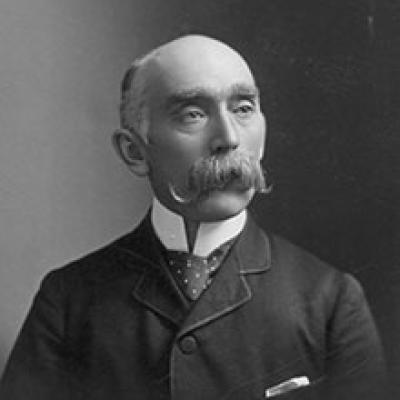
Physician Peter Henderson Bryce was a leader in public health and an early advocate for Indigenous children in residential schools. He founded Ontario’s public health service, drafted the province’s first public health legislation and, as head of the first provincial board of health, was responsible for controlling outbreaks of disease and assuring the safety of the water supply and some foods.
He later served as chief medical officer with the Department of the Interior and Indian Affairs, where he reported on the alarmingly high rates of death from tuberculosis among First Nations children in residential schools. The report was ignored by the government and Bryce was forced out of his post, but later published his findings in his book, The Story of a National Crime: Being a Record of the Health Conditions of the Indians of Canada from 1904 to 1921.
The Waakebiness-Bryce Institute for Indigenous Health at U of T’s Dalla Lana School of Public Health is named in his honour, as is the P.H. Bryce Award of the First Nations Child & Family Caring Society of Canada.
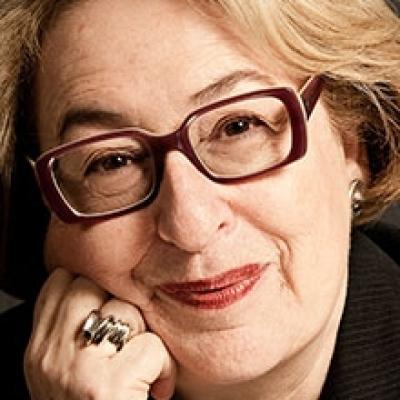
Gail Dexter Lord is one of the world’s foremost museum, gallery and cultural planners. Her company, the Toronto-based Lord Cultural Resources, with offices in New York, Paris, Mumbai and Beijing, is the world’s largest professional practice dedicated to creating cultural capital; it can point with pride to more than 2,000 successfully completed projects in 50 countries on six continents. Her clients include the Canadian Museum for Human Rights, Ottawa’s National Holocaust Museum, the National Museum of African American History and Culture, and the Museo Guggenheim Bilbao, just to name a few.
She is an art critic, feature writer, frequent commentator, public speaker and the co-author of several important books in her field, including Cities, Museums, and Soft Power. In 2014, she was appointed Officier de l’ordre des Arts et des Lettres by the government of France for her contributions to arts and culture.
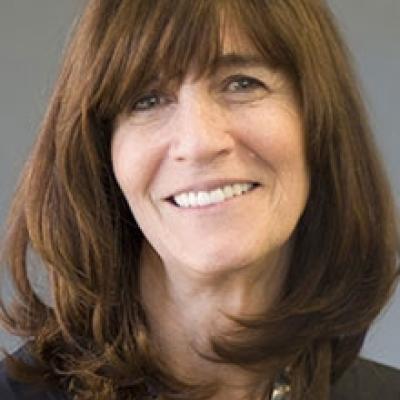
Leading advancement professional and consultant Rivi Frankle has made a career out of helping institutions connect with their stakeholders and communities. During her illustrious, 39-year career at the University of Toronto, she had a transformative impact on career services, alumni relations and fundraising. She spearheaded the Arbor Awards honouring the University’s volunteers, was instrumental in the creation of U of T’s Hong Kong office and was a key player in the Great Minds campaign which raised $1.1 billion.
Since retiring from U of T, she has helped the YWCA of Toronto and the Ontario College of Art and Design University with their advancement operations. She currently serves as assistant vice-president of development, University Advancement, at Ryerson University. Frankle has also mentored, advised and supported scores of advancement professionals during her career, many of whom continue to have a positive impact on the field. In 2010, she received the Manulife Financial Outstanding Achievement Award from the Canadian Council for the Advancement of Education.
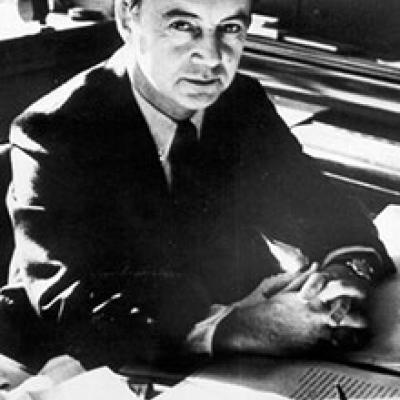
Canadian-born sociologist Erving Goffman was considered the most influential American sociologist of the 20th century. After completing his undergraduate studies in sociology and anthropology at UC, he moved to the United States to complete a PhD at the University of Chicago. He joined the faculty at the University of California, Berkeley, and, later, at the University of Pennsylvania, where he was Benjamin Franklin Professor of Anthropology and Sociology.
Goffman made significant contributions to the study of face-to-face interaction, the dramaturgical approach to human interaction, microsociology, game theory and linguistics. Goffman was the author of several important books in his field, including The Presentation of Self in Everyday Life, Behaviour in Public Spaces and Forms of Talk. He served as president of the American Sociological Association, was a member of the American Academy of Arts and Sciences, and, in 2007, he was listed by The Times Higher Education Guide as the sixth most-cited author in the humanities and social sciences.
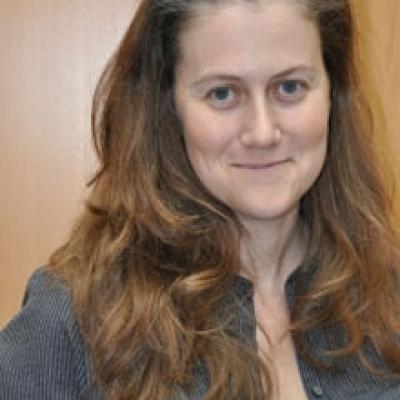
Naomi Kikoler is a leading expert and strategist on mass atrocity prevention, international human rights advocacy and human rights law. She is the deputy director of the Centre for the Prevention of Genocide at the U.S. Holocaust Memorial Museum in Washington, D.C.
Prior to this role, she was the Director of Policy and Advocacy for the Global Centre for the Responsibility to Protect (R2P), working to advance R2P globally, including through the centre's U.N. Security Council advocacy. Kikoler has worked on national security and refugee law and policy for Amnesty International Canada and has clerked in the Office of the Prosecutor at the United Nations International Criminal Tribunal for Rwanda.
She holds common law and civil law degrees from McGill University, and a master’s in forced migration from Oxford University. An adjunct professor at the New School University, she is the author of numerous publications and reports on the emerging powers and mass atrocity prevention.
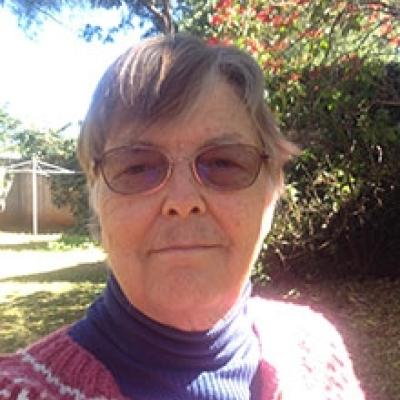
Human rights advocate Mary Krug Ndlovu has dedicated close to 50 years of her life to the betterment of living standards for people in Zambia and Zimbabwe. She has lived in Africa since 1966, applying her distinguished academic achievements and experiences to making a significant difference in the daily lives of men, women and children. For 11 years, she worked with the Legal Resources Foundation, training paralegals, developing training courses in human rights issues for police and prison officers, running legal workshops and helping individuals, particularly women, with practical legal problems -- all the while earning a law degree by correspondence.
She established the Edward Ndlovu Library in 1992 in memory of her late husband, thereby employing local people and promoting literacy in a community with no access to books or resource materials. In honour of her leadership, she received an Old Girls Life Achievement Award from Havergal College in 2004.